Curated chaos - vol.8 🛸🌍🌐🧠👁️
Transmissions from the global brain
Oh look, I’ve left a 2-month gap between posts again. Whoops.
As I write this, I’ve just returned from a Friday afternoon dog walk along the Shropshire Union Canal, listening to Jon Ronson’s The Psychopath Test. When I emerged off the canal and onto an A-road, an old, slim, hopeful-looking man with short grey hair and a walking stick approached and gestured towards the sky. I took my headphones out and looked up to see a perfect V of geese. Pink-footed ones, arriving from Iceland, perhaps. The man told me the geese made him feel small, and said he liked the feeling. “It’s a good feeling,” I said.
Today it’s time for another “rare and thrilling” link dump (not my words, but those of Celine Nguyen, author of the excellent Research as leisure activity, and recent Weirdness Wins subscriber).
Cometh the chaos, cometh the clicks
OK, relax your shoulders. Slow your breathing. Gently pry open your third eye. Cool, now let’s get into it…
I’ve started living outside my usual bubble (and here are 4 ways to burst yours)
My latest piece for MediaCat Magazine, in which I reflect on a healthy side-effect of the full-time housesitting adventure I’m on right now.
Gallup’s latest Global Emotions Report offers some surprising findings
Get this: the world got happier in 2023. And not just compared with pandemic life. Based on interviews with 146,000 people across 142 countries, Gallup’s long-running survey found decreased levels of stress, sadness, anger, worry, and physical pain - the first such drop since 2014. Here’s the full report PDF.
New MSU study: Fewer people want to stand out in public
In other zeitgeist-illuminating news, a recent Michigan State University study found a “dramatic” decline in people's desire to stand out between 2000-2020, based on data from over a million participants. I’m curious — does this finding surprise you or not, and why?
Spurious correlations
Right, now you’ve got your data goggles on, check out Tyler Vigen’s brilliant collection of line graphs showing close but (probably) completely meaningless correlations like this:
Vigen has gone a step further and used an LLM to draft fake research papers with titles like “Say Cheese! An Examination of the Correlation Between American Cheese Consumption and Patents Granted in the United States” asserting the significance of these correlations.
The unexpected poetry of PhD acknowledgements
It’s nice to know that real academia is still, despite its flaws, deeply human. In this immersive visual essay published by The Australian National University, Tabitha Carvan explores some of the recurring themes that emerged after reading 100s of PhD acknowledgements across the scientific spectrum. All of them “frozen in this moment in time between an ending and a beginning.”
An illustrated guide to Guy Debord’s ‘The Society of the Spectacle’
Debord's concept of the spectacle — where authentic social life is replaced by its representation through images and commodities - helps explain how modern forms of communication and consumer culture shape our realities and relationships. Most of the writing about it can be pretty heavy-going though, so this long read, peppered as it is with little cartoons, makes a nice change.
The Age of Dip
Writing for Vittles, Holly Pester explores the sociocultural significance of supermarket dips in 1990s Britain. All through the lens of her experience being raised by a single mum amidst a Blairite blur of class anxiety and aspiration. I’m sure Debord would approve!
The sounds of invisible worlds
“Like the microscope and the telescope did centuries ago, new technologies to capture and analyse sound are leading to startling discoveries about what the eyes cannot see.” This piece is my kinda science writing from Karen Bakker, for Noema magazine.
Do the weirdest thing that feels right
Charlie D. Becker realises that leaning into weirdness is what’s led to his best writing and his best life experiences:
“If I have a bunch of equally viable options, I should pick the weirdest one, because it means that is the one that is truest to me. It means it has had to elbow its way in past what other people think, other people’s expectations, and any insidious fear I have of being judged for doing what I want or what I think is right.”
A-muthaflippin-men to that.
The Sarumans and The Radagasts: Two archetypes of deep magic that make the world go round
Alex Komoroske outlines his grand theory of how people exercise power and effect change in the world. In short, he argues there are the Sarumans, who are bold, direct, heroic individuals using their self-belief to drive change, and the Radagasts, who are compassionate system-thinkers working indirectly through nurturing others and creating the conditions from which change can emerge. The idea of dividing people neatly into these groups troubles me (but maybe that’s just classic Radagast talk?!), but it’s an interesting lens for reflecting on how you and those around you typically try to influence things. It certainly feels like the Sarumans are more valorised in popular discourse, and it’s hard to argue against their impact (for both good and ill).
Adam Curtis: The map no longer matches the terrain
If you’re anything like me, you won’t need much convincing to read a juicy new Adam Curtis interview. This Crack Magazine piece gets bonus points for its super nice visual presentation (especially on desktop). I’ll leave you with this snippet:
“We’ve retreated into a sense that there’s always a new apocalypse on the horizon; it’s a terrible teddy bear that the bourgeois greens hug to themselves and say, “We’re all going to die, it’s terrible.” That’s not the way you change the world. In fact, it frightens people, and when people are frightened they don’t want change... Of course, there are serious issues. And of course, they’re incredibly dangerous. But fear is the last resort of those who’ve failed to mobilise people to transform the world for the better.”
Reading is a psychedelic drug, and medieval monks knew how to do it best
Ellie Robins discusses how the way most of us read (in silence, on our own) might be missing the point. What might we learn from the monastic practice of “deep reading”, which was “something devotees did aloud, in a group, not striving to absorb information and certainly not to be entertained”? Read to the end for an intriguing five-step reading practice that might just take you somewhere totally new.
Get ready for AI religions: Sam Altman, Transhumanism and The Merge
You really don’t have to spend long immersed in AI discourse to feel the religiousness of the rhetoric; it’s either our path to salvation or a one-way road to apocalypse. In this essay, Alexander Beiner explores what it means for AI to fill secular humanity’s "God-shaped hole". He suggests that rather than aligning AI to flawed human values, we should be re-aligning ourselves to nature, and using technology as a tool for strengthening our connection to the wild.
Stanley Donwood reveals what it’s really like working with Radiohead for 25 years
Donwood has been creating the iconic artwork that accompanies Radiohead’s music since he did the cover art for the 1994 EP My Iron Lung. Here’s what he says about the power of art-as-outlet: “Anything horrible inside my brain hasn’t got long enough to cause any damage before its squeezed out.” Note to self: Create more weird, disquieting stuff.
Weird little PDFs
This is a fucking GOLDMINE. A collection of hundreds of full, ready-to-read PDFs of books, periodicals, and papers, ranging from Alejandro Jodorowsky’s The Way of Tarot to a book of nuclear war survival skills from 1987. Thank you Jordan Clarke, whoever you are, for curating.
To thine own ears be true
Looking for your next mind-expanding listen? I may have just the thing…
How we sipped, danced, and stumbled our way to civilisation
Edward Slingerland shares some key ideas from his 2021 book Drunk: How We Sipped, Danced, and Stumbled Our Way to Civilisation. In a time where a new puritanism seems to be spreading, this was a fun (and well-evidenced) counterpoint.
Edge audio library
“The ideas presented on Edge are speculative; they represent the frontiers of knowledge in the areas of evolutionary biology, genetics, computer science, neurophysiology, psychology, and physics. Some of the fundamental questions posed are: Where did the universe come from? Where did life come from? Where did the mind come from?”
Here’s a taste of the talks in Edge’s audio archives:
You are now entering the Procrastinatorium
Fancy writing a word using satellite imagery with this official NASA tool?
Or how about doing literally nothing?
Seriously though, don’t forget to do some nothing this weekend.
I’ll be back soon with some long-form noodling on nature connection and creativity.
Until then, keep it weird x



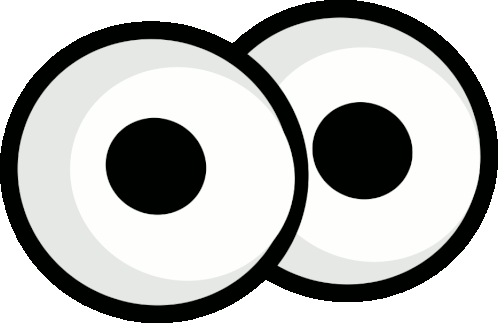
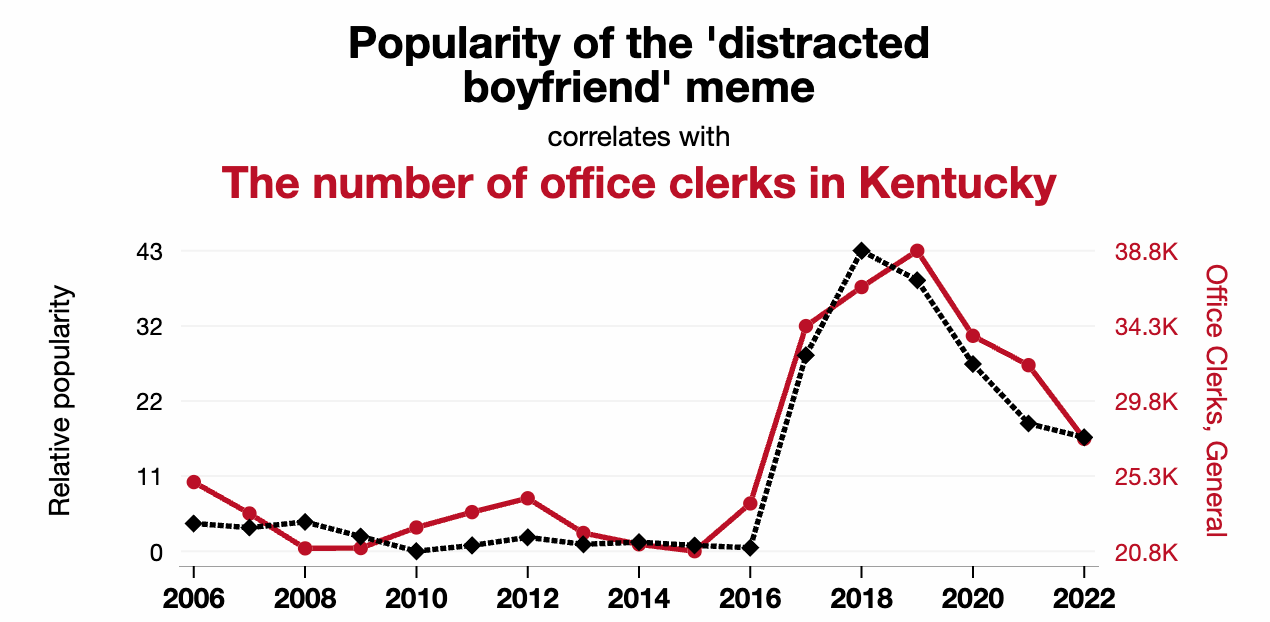
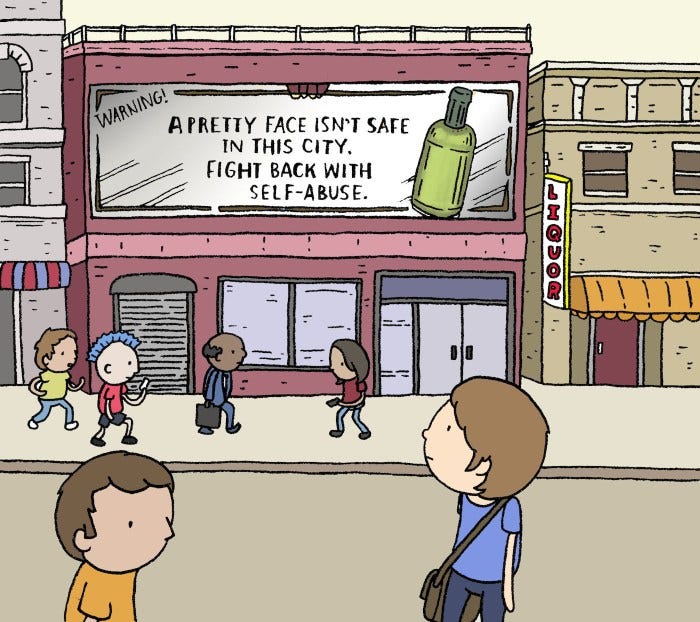
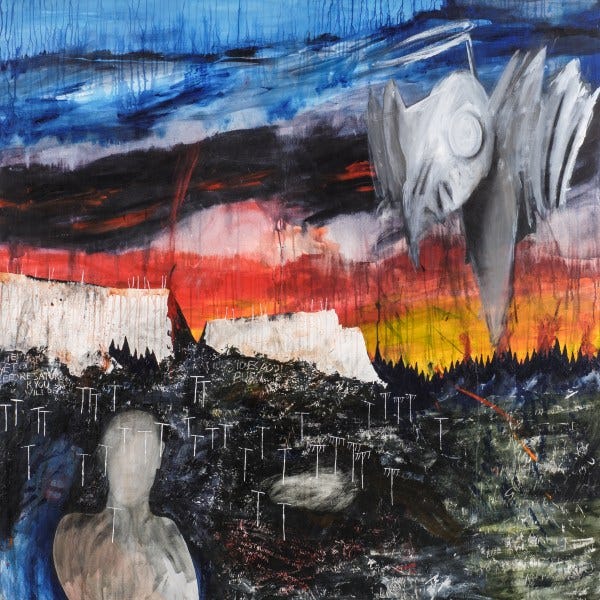
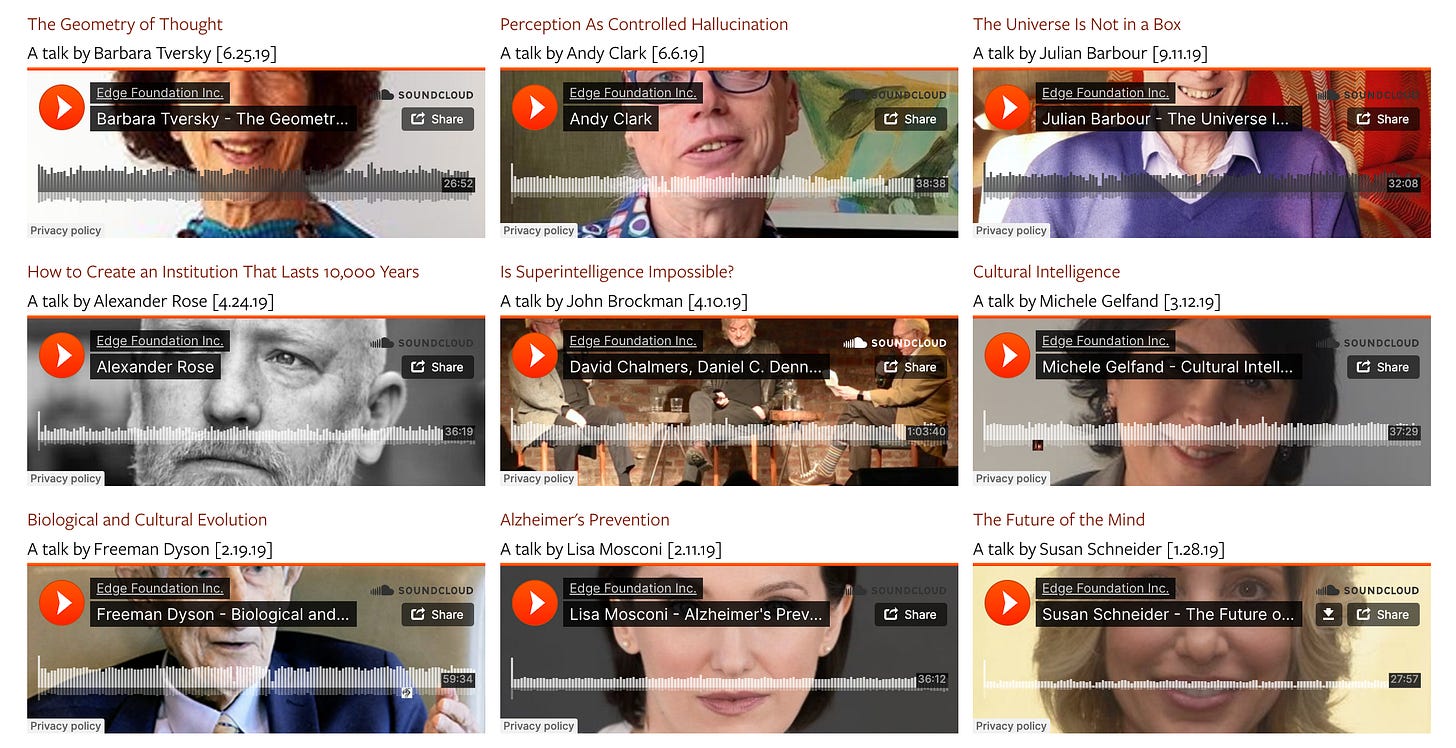

What an amazing treasure trove. Thank you so much for sharing -- and for including me!